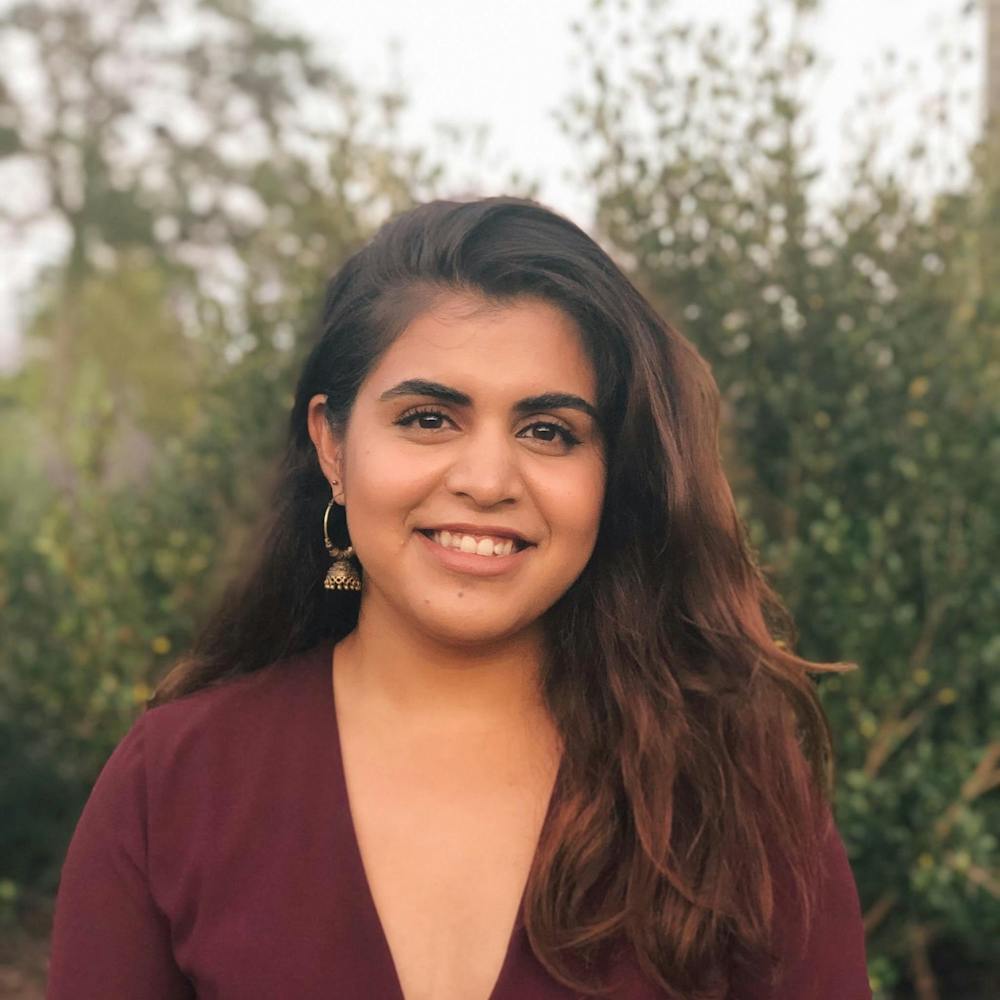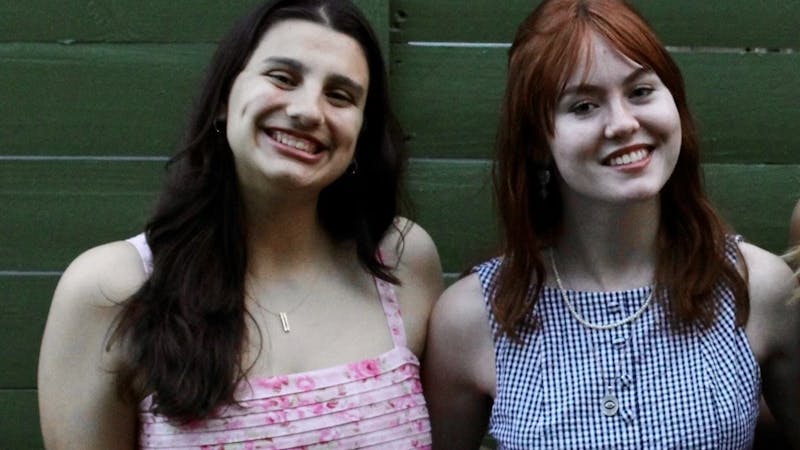End unethical voluntourism at Rice

Recently, Rice University announced that all undergraduate international travel has been canceled until the start of the fall semester. I can imagine that this decision has been challenging for many undergrads who were looking forward to expanding their horizons by practicing a new language or immersing themselves in a new culture over the summer. At the risk of sounding cliche, I can say that international travel opportunities I received through Rice have been some of the most transformative experiences of my life. These cancellations come with a heavy sense of loss, and I hope that someday soon every student who was looking forward to international travel will get to spread their wings. Yet, I think that in this pause, we have the opportunity to reflect upon and stop a particular kind of predatory tourism pervasive at Rice: voluntourism.
Every year, dozens of Rice undergrads travel to countries in the Global South, largely in Latin and Central America, to engage in service trips. I think at this point, everyone has been told not to post or take unauthorized pictures on these trips. Let me just remind you, capturing images with Brown and Black children without their consent is wrong. Even when individuals provide consent, they may not know the full context in which the image will be used. When I worked in Lesvos, Greece, it seemed that many volunteers did not recognize the difference between témoignage — the concept of witnessing atrocity and reporting on it — and exploitation or glamorization of suffering. When I witnessed volunteers and colleagues repeatedly take abbreviated versions of asylum-seekers’ stories and pictures of their children and homes to share them online without consent, I was deeply troubled. Often, we assume that the only way to help is by providing images and narratives to provoke an emotional response without realizing that this is exploitative.
I believe that on a broader scale, short-term trips that send students to provide medical help, build hygiene facilities or water infrastructure and attempt to provide financial literacy to countries in the Global South are neocolonial and extractive. Despite posing to offer aid, they often impinge upon real change in a community and provide benefits mainly to trip participants. I do not think that any of the students on these trips go abroad with negative intent, but they lack an understanding of the climate and context of trips to Guatemala, Honduras, Panama or other countries or the historical role the United States government has played in the current volatility in these states. Students traveling to these countries perpetuate a white-savior mentality where they think their work helps communities that have been historically harmed by Western or American presence. When volunteers return, even though they may realize they did not have much to offer to their host country, they retain a perception that these countries are still in need of Americans to help them or realize they were able to extract valuable information for personal growth.
Unskilled volunteers have few services to offer that are more useful than local stakeholders who have knowledge of their communities’ needs, culture and history. Specifically, college-age students without any medical training do not have the skills to assist in a clinic. Such a standard of care would never be acceptable in the U.S., so how is it acceptable abroad? The money spent on flights and program fees could be better spent as donations to these stakeholders to support their own communities.
Rather than trips where program fees are given to an international trip organizer, whose priority is providing you with an optimal experience, we should focus our attention on nongovernmental organizations and agencies that are accountable to local communities. For example, many organizations around the world have adopted a community health worker model, wherein trusted local community members travel from home to home to support families medically and socially. This World Health Day, we can show our solidarity with them by funding appropriate training, sufficient supplies and sustaining their livelihoods.
Instead of providing relatively insufficient services, such as a certain number of sets of glasses or blood pressure readings or building wells or latrines for a community, we should be ensuring their right to health care. We should allow these communities the choice of self-determination and opportunity to demand their rights, rather than promising them subpar services without their input. And we should be building local infrastructure by investing in mechanisms that appropriate funding from Western countries to support such endeavors or supporting nonprofits that work on the ground alongside these communities, investing in long-term well-being.
So, I urge you to make the difficult choice to cancel your short-term volunteer or mission trips permanently. Look for organizations that are changing the paradigm of health in impoverished settings and are investing in fixing global health inequity and addressing structural violence. If you can, or if your sponsors are willing, encourage them to donate the money that they would have spent on your trip to such an organization: a local or international one working with Ministries of Health in-country. Especially in light of COVID-19, vulnerable populations will suffer the most, and it is critical to invest in pandemic response capabilities in historically impoverished countries. Lastly, if you are invested in international work or just curious about the world, look for programs through courses and trips led by Rice faculty that will provide you with the necessary context to do no harm on a short-term trip, go on a study abroad with the true intention of just seeking to learn or look for programs that place you in an internship role with local organizations where you will have the opportunity to grow in an international context.
More from The Rice Thresher

Letter from the editors’ desk: Journalism is a community practice
First of all, we want to thank y’all for picking up the paper, reading our stories and answering our questions all the time. We want to inform students, staff and the community about what is happening at Rice, and the only way to do that is by hearing from you. Talk to us, email us, submit tips on our website, write an opinion piece; however you want to communicate, we always want to know what matters to you.
Keeping Rice culture of care alive is a shared responsibility
The semester has barely begun, and this year’s Dis-Orientation saw four times as many medical transports as previous years. That number should give everyone pause.
Letter from the Provost: Welcome and good luck, new Owls
Welcome to Rice! We look forward to guiding you as you experience this special place that encourages students to grow in and outside of the classroom. The culture on campus is built to support you through your successes and challenges as you achieve existing goals and realize new ones. That’s the beauty of Rice — you will be exposed to new opportunities that you didn’t even know were possible.


Please note All comments are eligible for publication by The Rice Thresher.